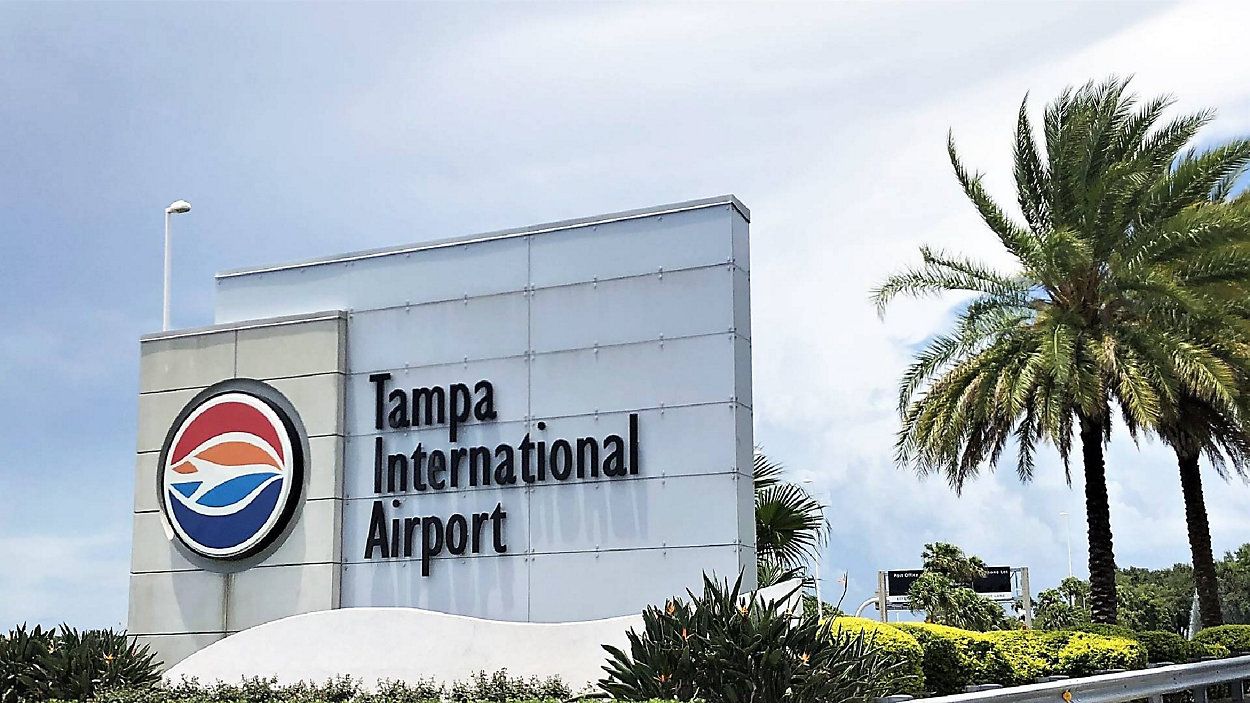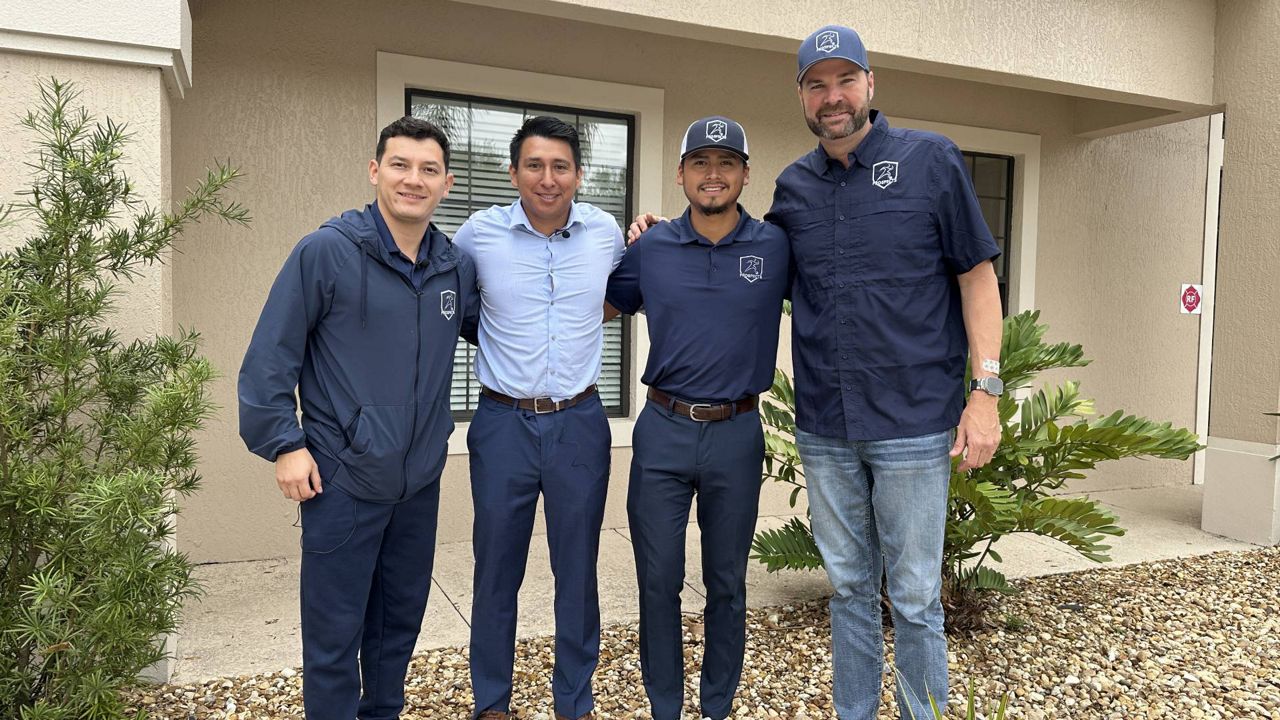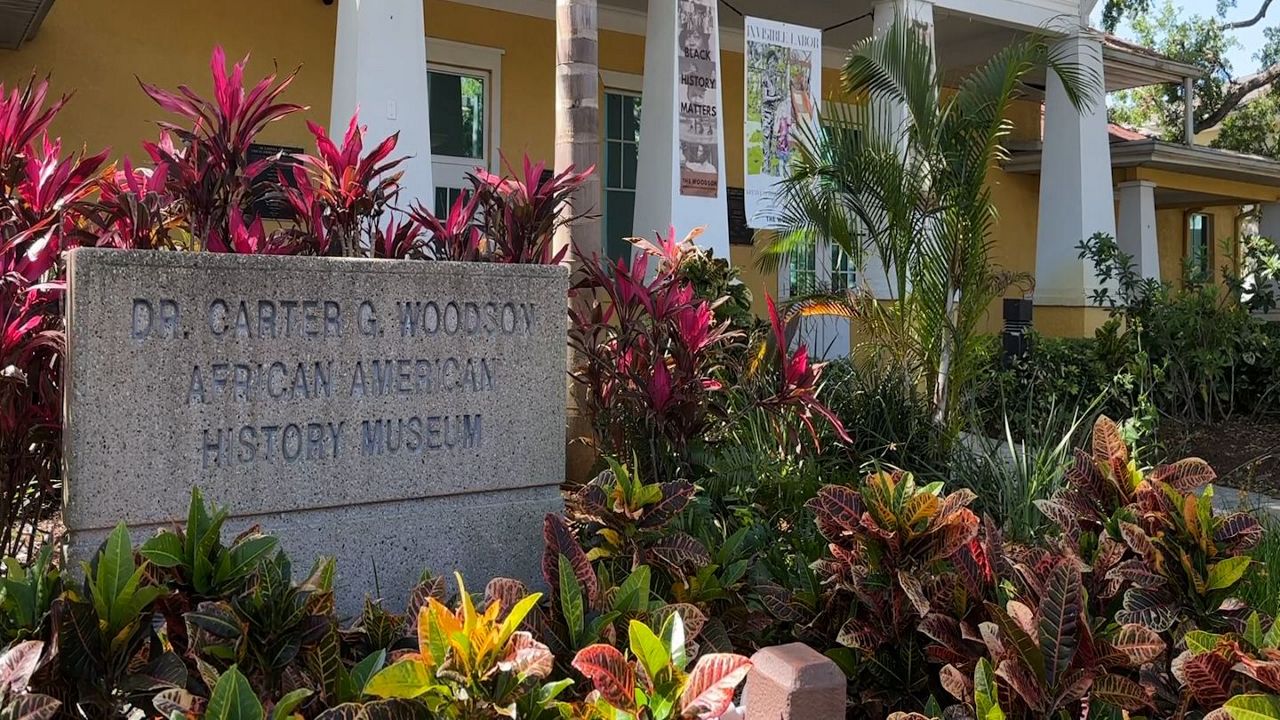TAMPA — Even though Dr. Joseph Dituri has an important job and loads of scientific experience, he can’t escape his jovial and well-deserved nickname while at the University of South Florida.
“I was just walking down the hallway and, one of the students just walked by goes, ‘Hey, Dr. Deep Sea, remember me? I took your class last semester,’” Dituri, the assistant vice president of veterans’ clinical research at USF, said.
For the longest time, Dituri’s been called Dr. Deep Sea because of his diving expertise and because of breaking a unique record a year ago.
On June 9, 2023, Dituri was in Key Largo at Jules’ Undersea Lodge, which is essentially a bunker 30 feet below sea level. He was there for 100 days.
He wanted to spend more than three months underwater to see what that kind of pressurized living does to a person and their brain, something that had never been done before.
“When you invest in yourself and your own time, you can do a lot of great things,” Dituri said. “You can change people’s lives.”
Because even though this experience underwater was historic, it was scientifically fascinating.
All his stress levels went down while living under the sea, his inflammatory markers went down too and he actually lost ¾ of an inch in height.
A year later, all his levels, including his height, he says, are back to normal. But what happened to his brain while living in that environment is what gets him excited about his latest venture.
Soon, USF will be home to a hyperbaric chamber study.
“This is my dream,” Dituri said. “This is absolutely my dream come true, that I get to help more veterans here than I could have ever done in the outside world.”
When construction on the facility, which includes six hyperbaric chambers, is done, Dituri hopes to do a study with around 450 to 600 veterans dealing with mild to moderate traumatic brain injuries to see if pressurized breathing, like what he did underwater, will help that group of people.
According to Dituri, the air pressure that some of the participants would breathe is 1.5 times the pressure of normal breathing.
His time underwater was about 1.7 times the pressure.
“The whole purpose of me going underwater was to steal the resolve of all the people in the world of the mechanism of action, of hyperbaric medicine, so that people will understand it,” he said.
When he came up from the water last year, Dituri told us that he may have discovered benefits from breathing that pressurized air.
They still have a few months before this project is complete, but if you ask Dituri which would be the greater moment in his life, breaking a record or helping veterans with brain injuries, it doesn’t take long for him to answer.
“Nobody's done this level of study with this number of participants in this sort of a setting, double blind, randomized look, like I said, it’s the marriage of my two worlds together, it’s like, yes!” He exclaimed.
Now, it’s only a matter of time.
Dituri isn’t sure when construction on that new facility will be complete, but he hopes it’ll be sometime in August.
The university was able to receive two $14 million grants from the Florida legislature to be able to build and create this facility that Dituri will use for the study.









